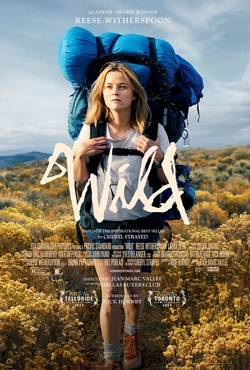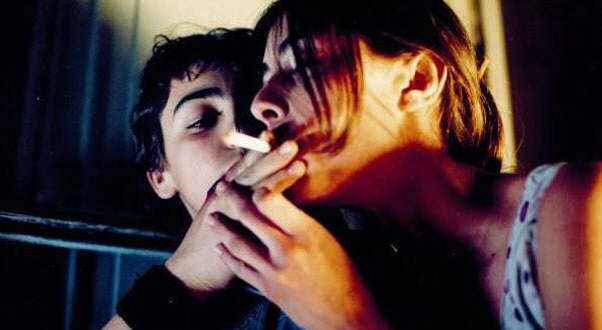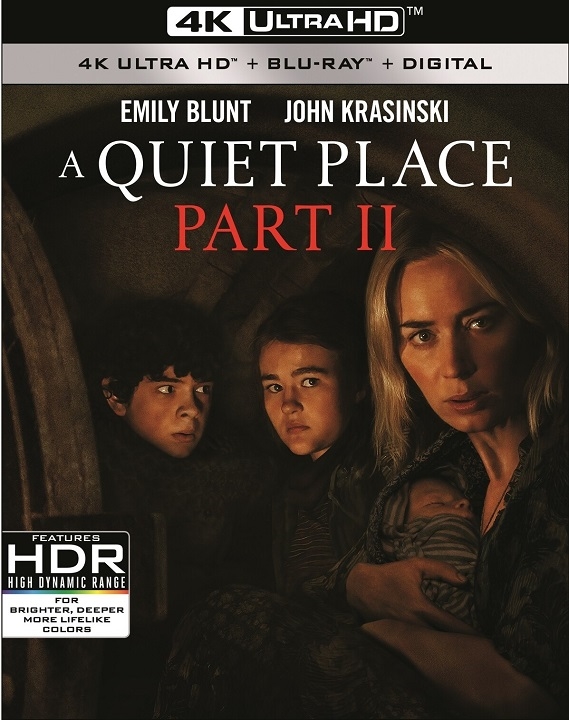
Going Clear: Scientology and the Prison of Belief, 2015
This documentary explores the questionable practices of the Church of Scientology through a mix of interviews with former members, archive footage, and information gleaned from government investigation and trial transcripts.
Almost all the way at the end of this film, someone asks one of the interview subjects a really important question: "So how is Scientology different from any other religion?". The question is really key because a lot of the basic facts regarding Scientology (belief in invisible/incorporeal beings, internal terminology, enforced hierarchies, and even behaviors like isolating people or physical abuse) are not at all exclusive to it.
This question about what makes Scientology different is what drives the film and it is ultimately what makes it so powerful and so damning. It would be incredibly easy to spend most of the documentary making fun of the beliefs of the church (and there are a few zingers, such as "So then why is Tom Cruise paying $1000 a session to have invisible aliens sucked out of his body?"), but if you're being honest, just about any religion could be mocked in this way.
As becomes really clear in the film, the problem isn't WHAT the Scientologists believe, it's how they go about practicing their religion and specifically the cruel, creepy, and abusive way they handle dissent from inside or outside their walls.
People who use their power/influence to harm others makes me incredibly angry, and what the documentary exposes is that doing such harm isn't just the act of a few radicals in the church--it's a practice that is built into the beliefs themselves. L. Ron Hubbard gives explicit directions about how to handle those who cross them, and the new generation of leadership in the church, specifically David Miscavige, really seem to lean into the controlling and exploitative elements.
I thought I had something of a grasp on the behavior of Scientologists, but, wow. What you see in the film goes way beyond. Men from the church spend years filming, stalking, and harassing the wife of a former member. (The smirking man filming her as she grows more and more upset is maybe the most punchable person I've seen in a movie lately). People are sent to the homes of former members' elderly parents. Since this documentary came out, Danny Masterson has been accused of sexual assault by multiple women who claimed that the church helped to shield him from investigations. Watching this film, those claims seem incredibly believable.
One of the grossest stories is about a young woman in the church who was given a makeover under the pretense that she was going to be an ambassador for the church. Unbeknownst to her, she was being groomed to be Tom Cruise's next girlfriend because he'd just broken up with Nicole Kidman. The line "her hair was cut and styled to Tom's preference" is just cringe-inducing.
I had also not realized the extent of the implications of the church's tax-exempt status. While most of what I've read about that legal battle talks about the money implications (because the church is worth billions of dollars). But what surprised me were the revelations about the other legal benefits of being recognized as a religion. The church can have people doing labor for $0.40 an hour and it's fine. They are totally able to dodge child labor and human trafficking laws. When they harass or stalk former members, it can fall under first amendment protections.
This movie made me all kinds of angry. And shame on all of the celebrities (especially Tom Cruise) who lend their high profile to furthering the abusive and exploitative practices of this group.
I have been a proud member of the Tax The Churches League for many years and man did this movie have me plotting Foul Play.





 Check out my podcast:
Check out my podcast: 




